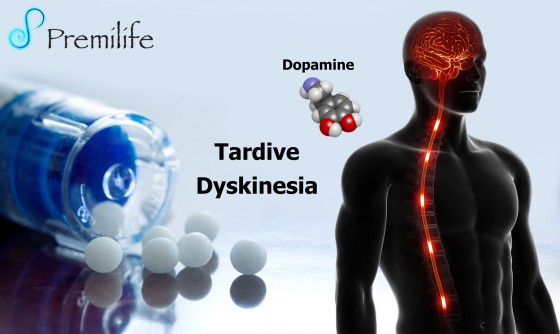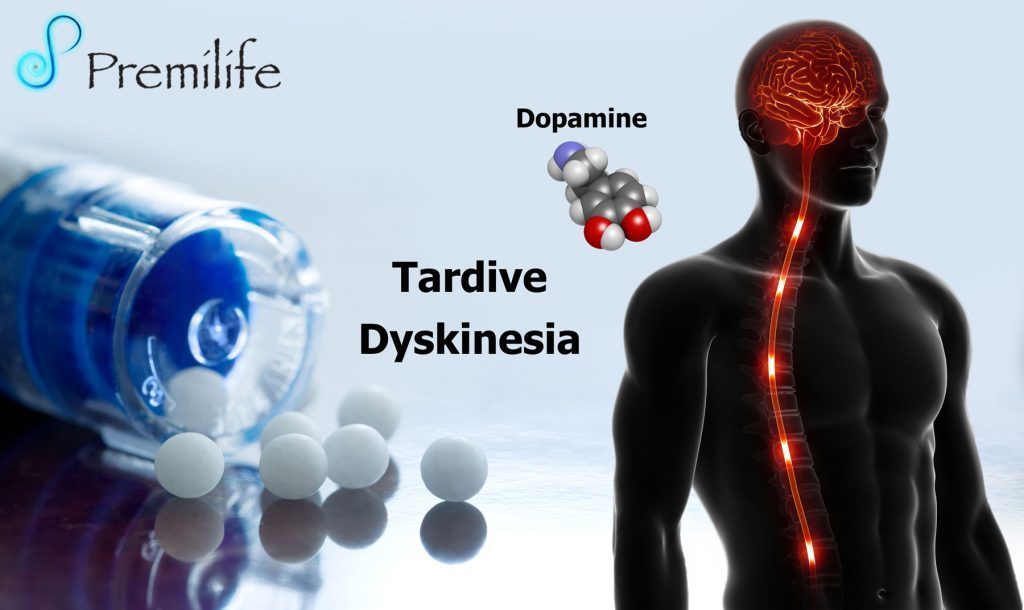Locomotor System, Psychiatric Disorders
Tardive Dyskinesia

Tardive dyskinesia is a difficult-to-treat form of dyskinesia (disorder resulting in involuntary, repetitive body movements) that can be tardive (having a slow or belated onset).
• Tardive dyskinesia is a difficult-to-treat form of dyskinesia (disorder resulting in involuntary, repetitive body movements) that can be tardive (having a slow or belated onset). It frequently appears after long-term or high-dose use of antipsychotic drugs or in children and infants as a side effect from usage of drugs for gastrointestinal disorders prevention.
• Tardive dyskinesia is characterized by repetitive, involuntary, purposeless movements, such as grimacing, tongue protrusion, lip smacking, puckering and pursing of the lips, and rapid eye blinking. • Rapid movements of the extremities may also occur. Impaired movements of the fingers may also appear. For comparison, patients with Parkinson’s disease have difficulty moving, while patients with tardive dyskinesia have difficulty not moving.


